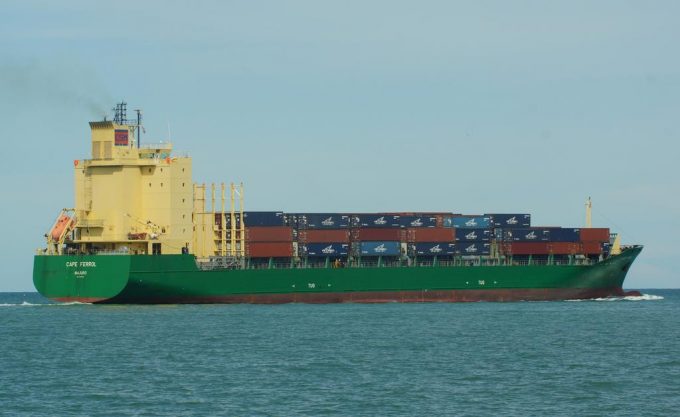HutchWatch: Panama pain and PSA plans – where we stand
Predictions

Schoeller Holdings has sold its 17 containerships to China Development Bank Financial Leasing in a leaseback arrangement.
Included in the $142m transaction are four of Schoeller’s five tankers, which will also be leased back.
CDB Leasing said, in a Hong Kong Stock Exchange filing today, the ships would be leased back to the seller for three to five years, after which Schoeller may buy them back, after paying 20% of the financing amount of each vessel in the last instalment.
The 17 ships ...
Maersk u-turn as port congestion increases across Northern Europe
Apple logistics chief Gal Dayan quits to join forwarding group
Maersk Air Cargo sees volumes fall as it aims for 'margin in favour of revenue'
Houthis tell Trump they will end attacks on Red Sea shipping
Transpac rates hold firm as capacity is diverted to Asia-Europe lanes
Airlines slash freighter capacity post-de minimis, but 'the worst is yet to come'
MSC revamps east-west network as alliance strategies on blanking vary
India-Pakistan 'tit-for-tat' cargo ban sparks sudden supply chain shocks


Comment on this article